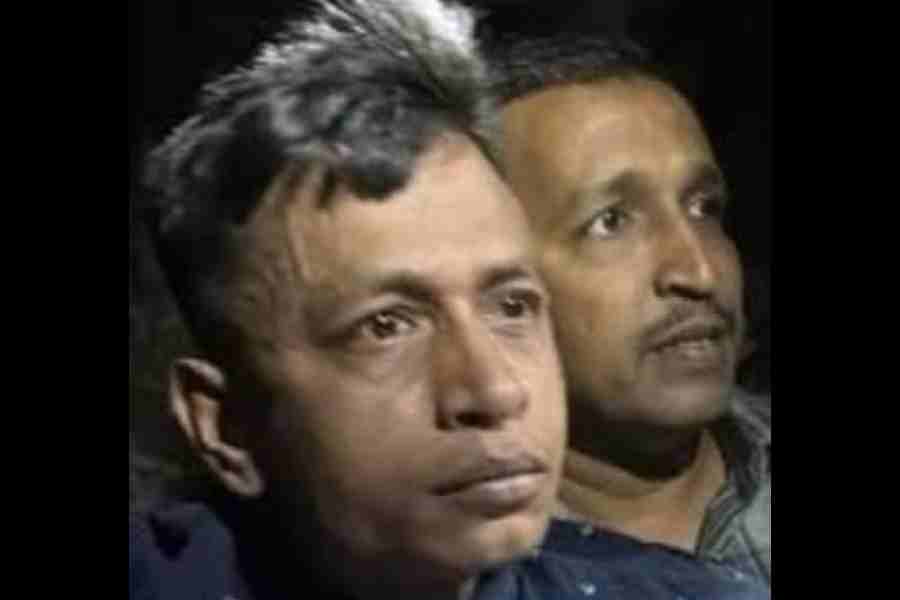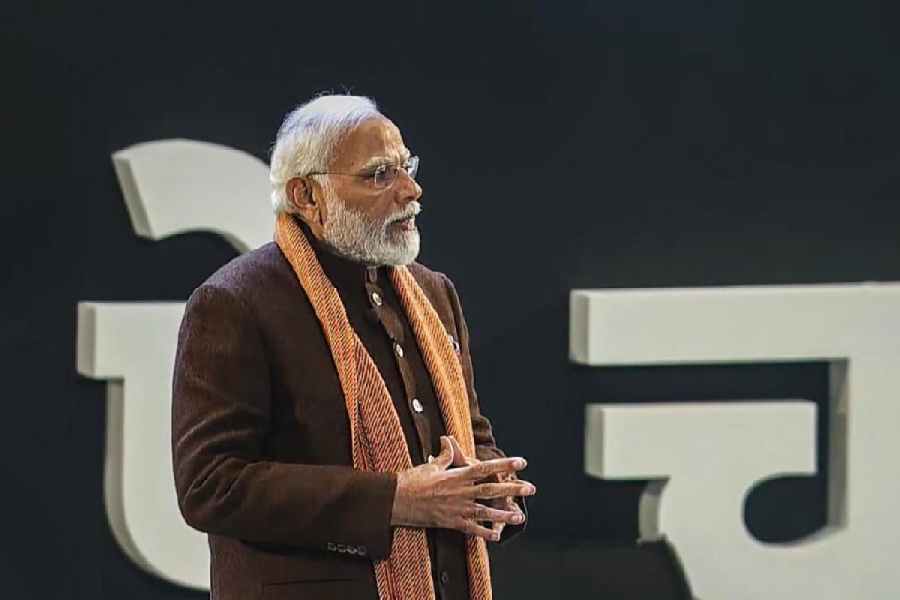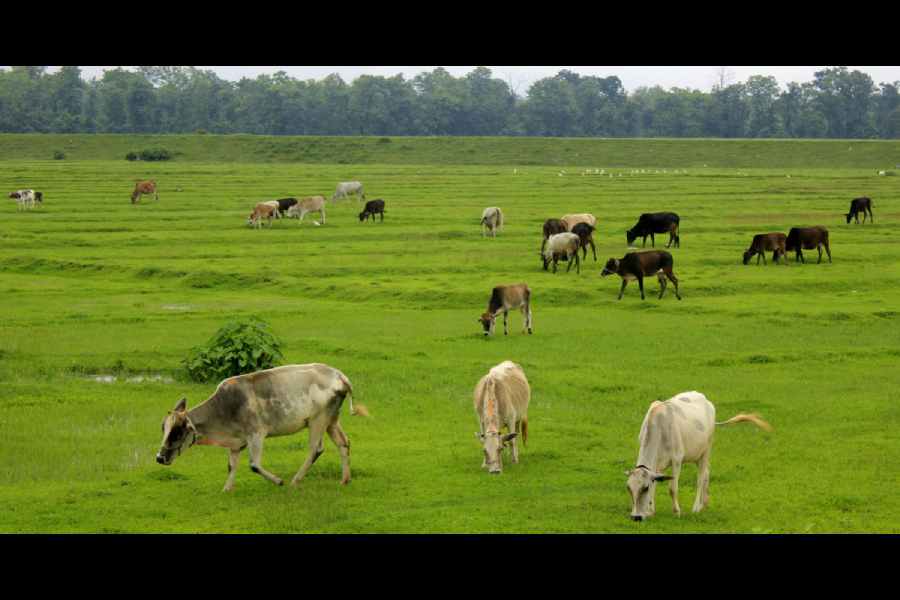 |
| Participants play Ganjapa cards at the workshop held in Puri. Picture by Sarat Patra |
Bhubaneswar, May 25: To revive the ancient Ganjapa cards, a recent workshop of art enthusiasts was hosted in Puri earlier this week.
At the event, the participants proposed to declare the traditional Ganjapa card game as a heritage sport. This will ensure that the art of creating Ganjapa cards is revived. Hosted by Puri Creative Handicraft Co-operative Society from May 17 to 19, many veteran artists hailing from the villages nearby Puri joined the workshop and also played the card game.
Two authentic Ganjapa artists Jayadev Moharana and Banamali Mohapatra of Raghurajpur were felicitated at the event. Bhagaban Swain of Parampara, Raghurajpur and Gunanidhi Mohapatra demonstrated the unique details of Ganjapa cards.
Ganjapa comes from Mughal traditional card game Ganjifa, an influence of the Islamic rule in Odisha. Babar’s memoirs also have mentions of Ganjapa, and hence, the game can be traced back to the 16th century. It is still known as Mughal Ganjifa in many regions of the state.
Each pack of Ganjapa cards was named according to the number of colours used in the entire set. For example, if the pack had eight colours it would be named Atharangi, for 10 colours — Dasarangi, 12 colours — Vararangi, 14 colours — Chaudarangi and 16 colours — Solarangi.
One can find the tales of the Ramayan or Krishna’s mythological tales depicted on the pack of cards. Many of these artistic cards and sculptures featuring the Ganjapa art were exhibited for art lovers. “In the ancient days, from kings to village folk, all would enjoy playing Ganjapa. But that pastime has faded since long and not many young artists have been trained in this form of art and enough steps have not been taken to conserve or promote it,” said Ganjapa expert artist Banamali Mohapatra.
Researcher Tulashi Ojha, district culture officer Prafulla Samataray were present among others. The workshop was organised as a part of a study on revival prospects of traditional hand-painted Ganjapa cards in the state assigned by development commissioner (handicraft), government of India.
“We wish that Ganjapa does not remain as a lost art form at museums across the world, but returns to the Odia lifestyle,” said Debi Nanda, organiser of the event.











